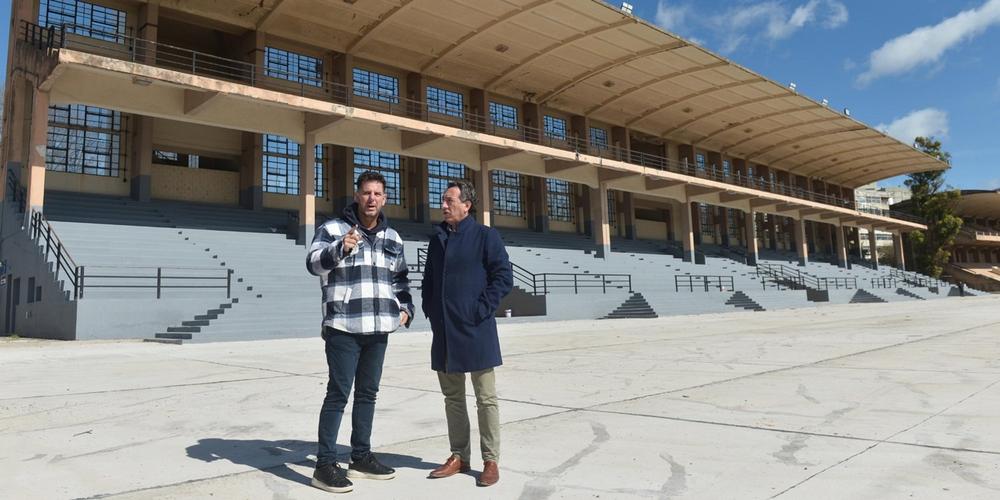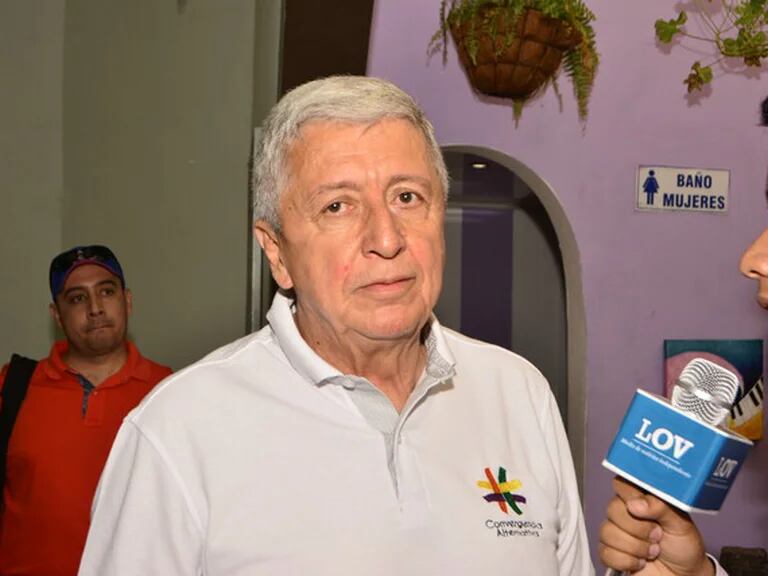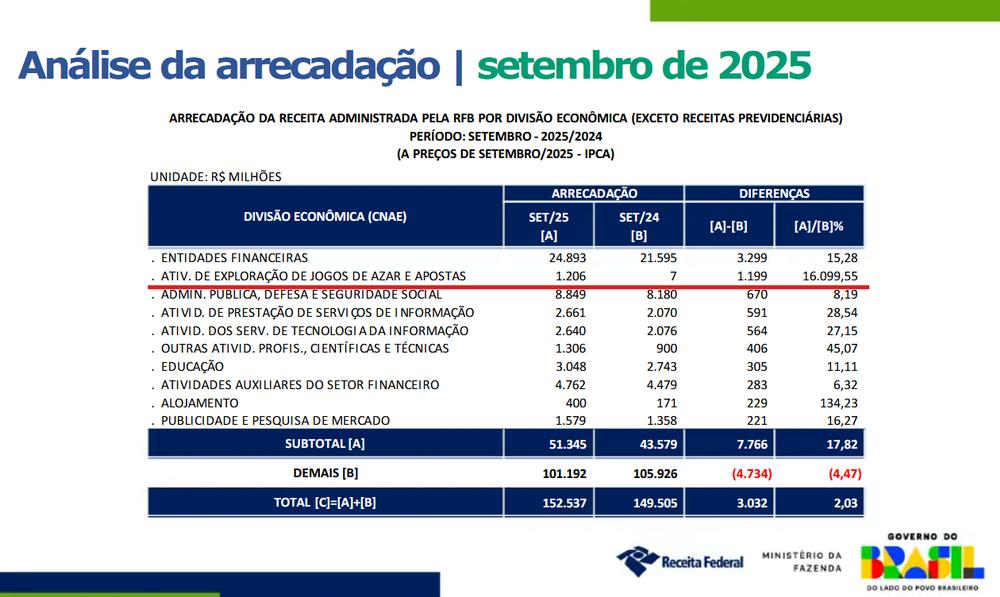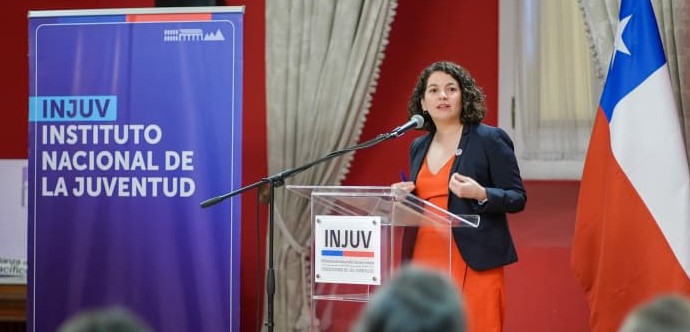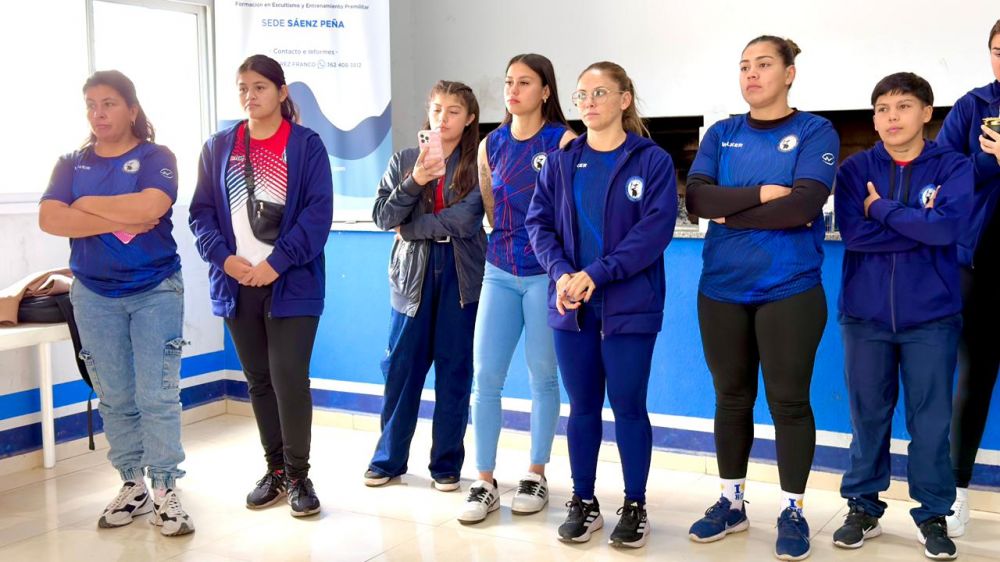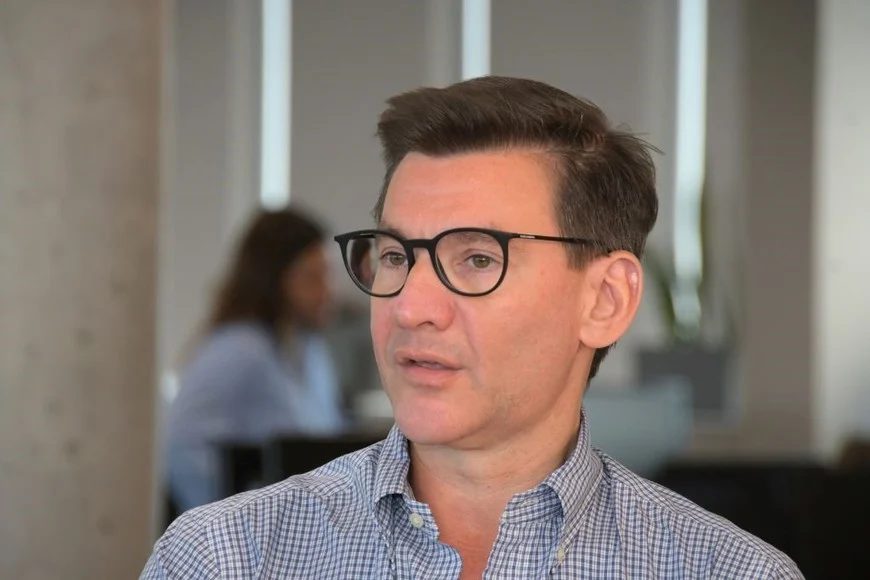The countries with the most powerful soccer leagues are giving the fight against the advertising of online bets. The prohibition of all types of messages that invite to bet is about to take effect in Italy. In England, at the end of last year, companies agreed not to advertise before 9 pm and never during the live sporting events of the Premier League.
In Spain, where half of these commercials are issued during children's hours, several unions have asked to restrict them, and they are already working on a resolution.
In Colombia, the Deputy Minister of Health, Iván Darío González, said that in the framework of the mental health policy implemented by the Government, all kinds of addictions deserve special attention, and in that sense, excessive advertisement may favor the development of addictions, reason why in addition to the call to the self-regulation of the companies of bets, also it considers that the subject of the publicity should be reviewed, along with its schedules of exhibition.
And according to the development plan of Coljuegos for this sector, each operator must have a responsible gambling program complying with minimum measures such as accounting for the game session, establishing a self-exclusion procedure, mechanisms to limit bets and duration of the session and clear rules on deposit (daily, weekly, monthly).
Recently, it was asked to evaluate all this topic regarding responsible gambling, since the factor where there is more weakness in this development plan is advertising.
Well, in the past America Cup and in family schedules the message of betting was repeatedly transmitted, which according to experts like Olga Albornoz (of the Colombian Psychiatric Association) the advertisement of this type of bets, and more when there are rewards in money that is obtained easily, impact negatively on brains in the formation of children and adolescents.
"The game stimulates the production of dopamine, which ends up acting on the reward systems. The bets become something rewarding and compulsively sought" explained Rodrigo Córdoba, director of the Department of Psychiatry at the Universidad del Rosario.










